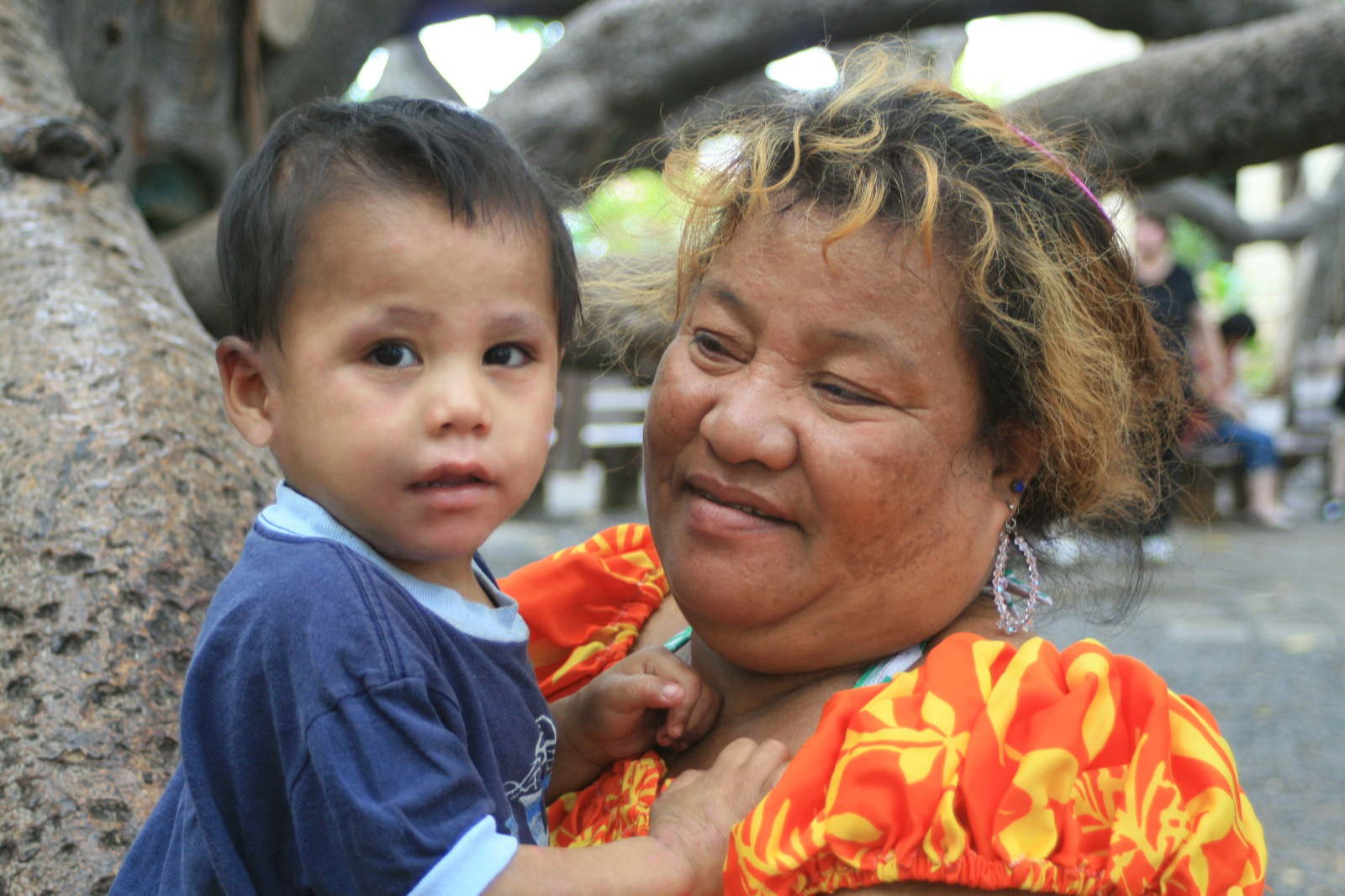Our Mission
The communities of Hawaii and other island states, coastal communities around the world, and underserved populations generally, are expected to bear the brunt of looming ravages caused by global climate change. (See the World Bank’s report, “Shock Waves: Managing the Impacts of Climate Change on Poverty.” [PDF])
Survival demands action.
Olohana’s mission is to work with communities to co-develop strategies for resilience and adaptation to climate change. Our projects and programs intersect food, energy, water, and knowledge systems and facilitate and support strengthened relationships between the generations, between cultures, and with the natural environment.
Our Philosophy

The elders in Olohana Founding Director’s native culture summed up the needs of its people simply:
Are the children fed?
Are the women unafraid?
Are the elderly comfortable?
Olohana uses these questions as its guidepost. If the answer to all three is “yes,” it follows that basic needs are being met. Hence our focus on food security through the development of breadfruit food forests, climate adaptation, and community resilience generally.
It is widely accepted that although industrialization and globalization have helped raise standards of living for many, stark socio-economic discrepancies exist between countries and communities. In large part, indigenous peoples have been marginalized through the processes of globalization and their contributions to society diminished.
“Indigenous, local, and traditional knowledge systems and practices, including indigenous peoples’ holistic view of community and environment,are a major resource for adapting to climate change.” |
Today, indigenous knowledge is recognized at national/international levels as an effective way to mitigate climate related risks. The 2014 Intergovernmental Panel on Climate Change Working Group II concludes, “Indigenous, local, and traditional knowledge systems and practices, including indigenous peoples’ holistic view of community and environment, are a major resource for adapting to climate change” (Technical Summary of the Working Group 2 contribution to the Intergovernmental Panel on Climate Change [IPCC] Fifth Assessment Report [PDF]).
Olohana’s vision is a world where currently insecure communities are networked across the globe, strengthened by their numbers and cooperation at macro and micro levels, leveraged for their indigenous knowledge, and adequately trained and prepared to adapt to the changing climate to insure not only survival, but also vitality.
Our Method
Olohana and its network of partners and collaborators focus on community-led projects at the nexus of food, energy, water, and knowledge systems and support a variety of programmatic training and learning opportunities for members of the community, teaching both cutting-edge scientific and indigenous/traditional environmental stewardship systems through the methodology of Inter-generational Transfer of Knowledge ITK™.
Our method yields tangible results while facilitating the development of strong, intergenerational, intercultural, knowledge-sharing relationships and networks across the globe; and developing and strengthening a community’s disaster preparedness, resilience and longevity in the face of climate change devastation and disaster.
